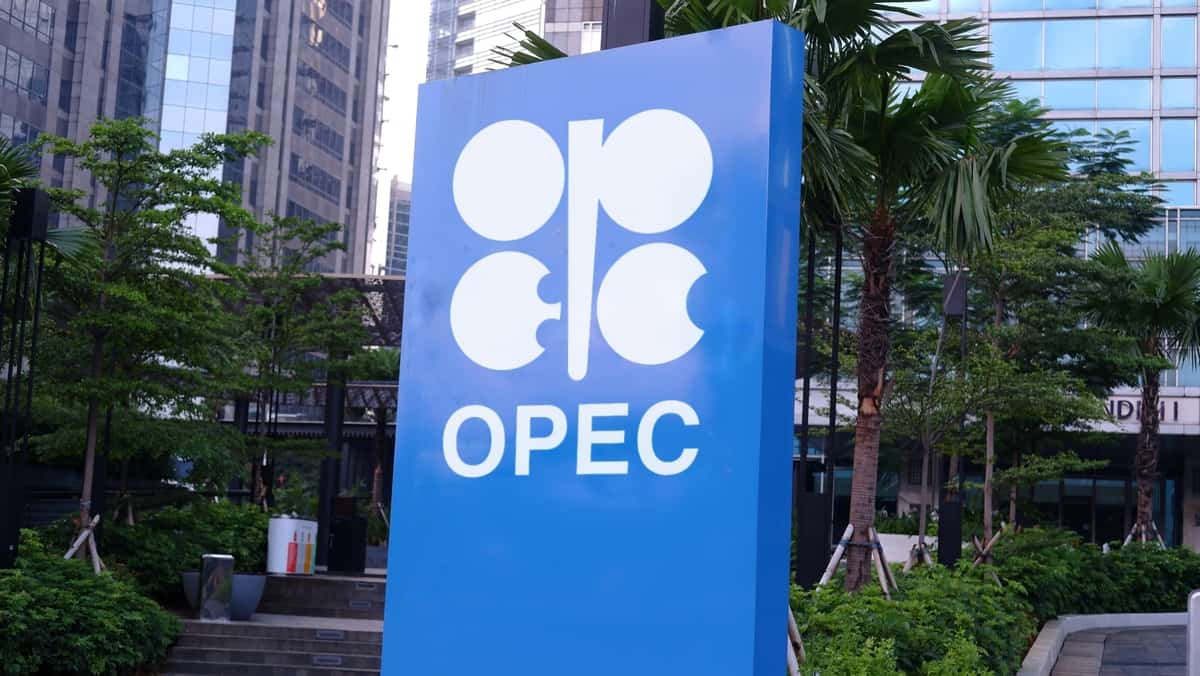
Wednesday Sep 18 2024 08:15

4 min

OPEC, the Organization of the Petroleum Exporting Countries, is a coalition of oil-producing nations formed to coordinate and stabilize global oil prices. Established on September 14, 1960, in Baghdad, Iraq, its original members were Iran, Iraq, Kuwait, Saudi Arabia, and Venezuela.
Over time, the organization has expanded to include a total of 12 member countries: Libya, the United Arab Emirates, Algeria, Nigeria, Gabon, Equatorial Guinea, and Congo.
OPEC's main objective is to secure fair compensation for oil-producing countries and maintain stable oil prices to support their economies.
OPEC's origins stem from the recognition of oil as a crucial strategic resource. The founding members sought to coordinate their production and pricing policies to achieve a more stable and equitable oil market.
The organization was established in response to the dominance of the "Seven Sisters," a group of multinational oil companies that held significant control over the global oil market. By banding together, OPEC member nations aimed to enhance their bargaining power with these companies, maximize their profits, and exert greater influence over their economies.
OPEC manages the petroleum policies of its member countries to regulate production and ensure a stable income for its members. Here’s how it operates:
1. Influence on Oil Prices: Adjustments in OPEC’s production quotas or output can cause significant fluctuations in oil prices, impacting trading opportunities in crude oil futures, exchange-traded funds (ETFs), and energy-related stocks.
2. Market Volatility: OPEC announcements and meetings can introduce volatility into oil markets. Traders who can capitalize on sudden price shifts may find profitable opportunities, especially in derivatives markets where increased volatility can lead to higher trading volumes and potential gains.
3. Geopolitics: OPEC’s member countries are situated across various regions with differing geopolitical interests. Tensions or conflicts among member nations can affect oil supply and market sentiment.
4. Impact on Currencies and Commodities: Oil price fluctuations driven by OPEC can also affect currency pairs and commodity prices. For instance, currencies of oil-exporting nations might show volatility in response to oil price changes, impacting forex trading strategies. Additionally, commodities like gold and copper, which react to inflation and economic growth, may also be influenced by oil price movements.
5. Macro-Economic Implications: Changes in oil prices can influence inflation rates, central bank interest rate decisions, and overall economic growth. Traders should evaluate how OPEC’s actions align with broader economic trends and adjust their strategies accordingly.
6. Interplay with Other Energies: OPEC’s decisions can affect the attractiveness and competitiveness of alternative energy sources, such as natural gas, influencing market dynamics across different energy sectors.
OPEC remains a significant force in the global energy landscape, with its impact extending well beyond oil prices to affect economies, industries, and geopolitical dynamics worldwide. By understanding OPEC’s role in regulating oil production, monitoring markets, and coordinating with other producers, traders can gain crucial insights for navigating the complexities of the oil market. Staying informed about OPEC’s decisions is essential for capitalizing on market volatility, managing risks, and identifying trading opportunities.
Beyond its economic influence, OPEC is facing increasing pressure to address environmental concerns. As the world shifts toward renewable energy sources, OPEC may need to adapt and diversify its strategies to maintain its relevance in the long term.
When considering shares, indices, forex (foreign exchange) and commodities for trading and price predictions, remember that trading CFDs involves a significant degree of risk and could result in capital loss.
Past performance is not indicative of any future results. This information is provided for informative purposes only and should not be construed to be investment advice.
